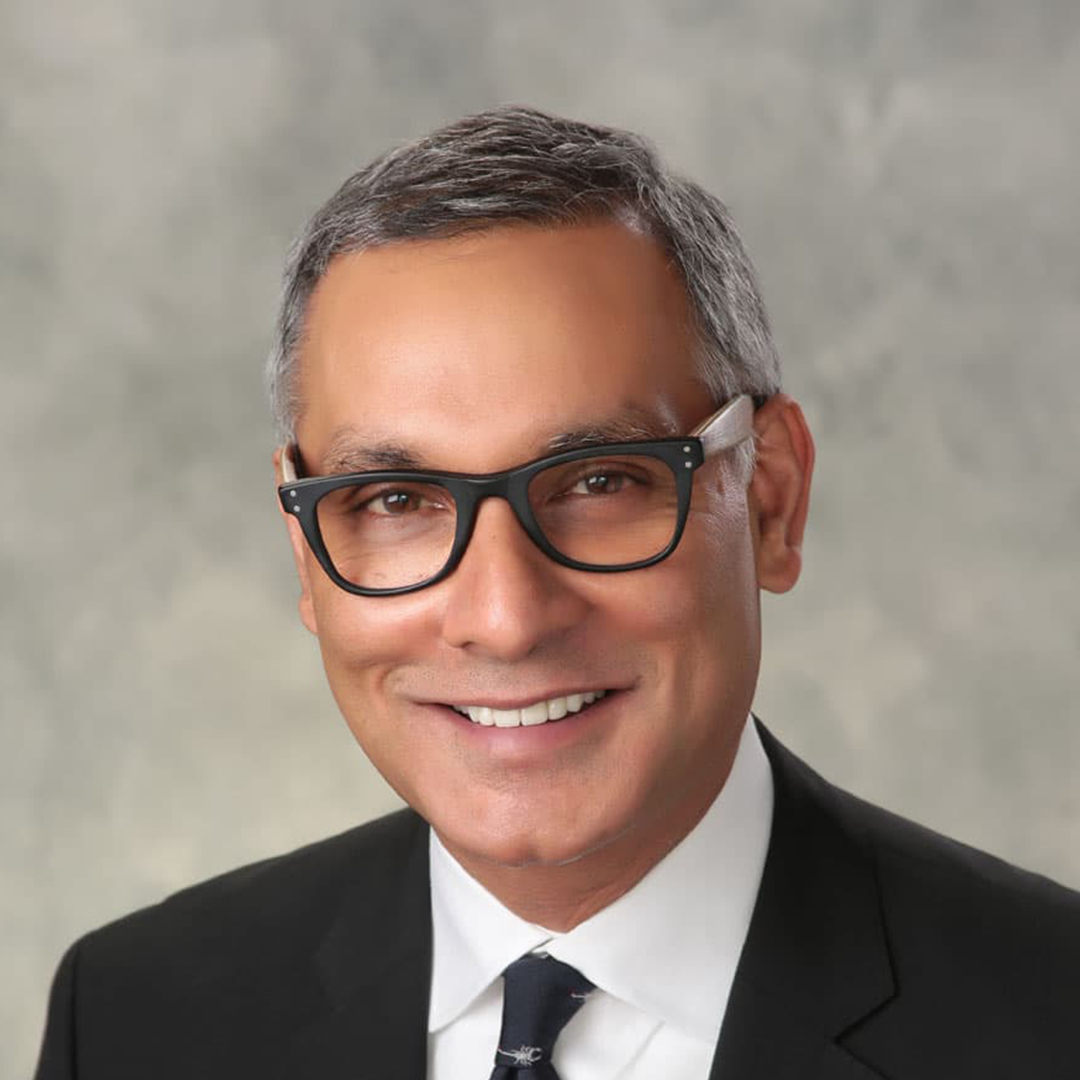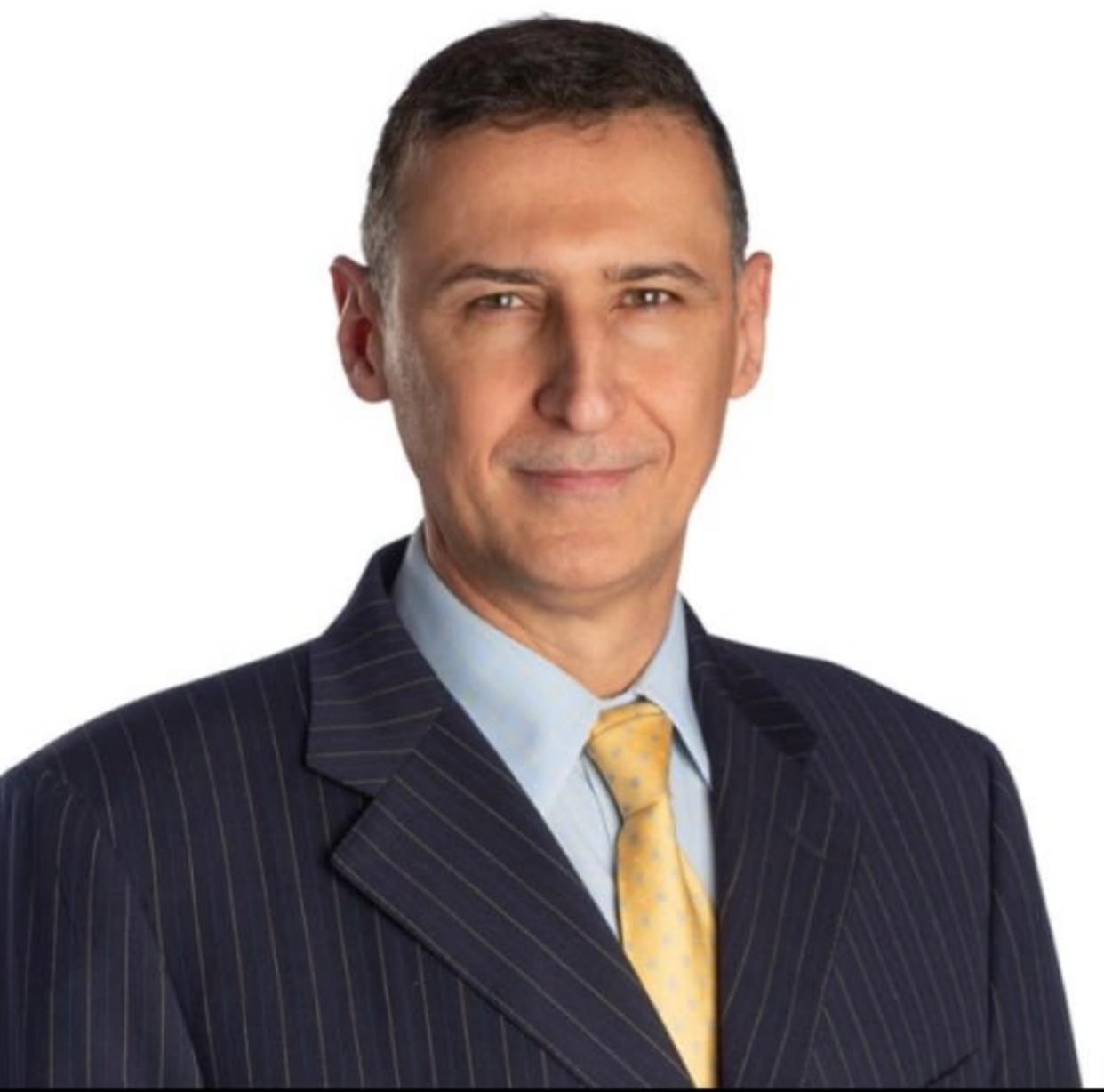Introduction to the holy month of Ramadan
During the Holy month of Ramadan, people practice daily fasting from dawn until sunset. Traditionally, one breaks the fast at sunset with a meal called Iftar and then eats again with a pre-dawn meal called Suhoor.
People fast during the day and are awake and eat during the evening hours. During Ramadan, some people may not undertake physical activity, and consequently, may gain weight during the month. People with diabetes may not control their condition well due to the adoption of unhealthy eating habits.
By following simple guidelines, you may be able to lose weight and decrease your blood pressure and cholesterol. Alternatively, over-indulging in Iftar or Suhoor meals can cause weight gain.
Ramadan is often seen as a time to practice self-control, self-discipline, sacrifice, and empathy for those less fortunate. It is encouraged to try to maintain these practices even outside of fasting hours.
Effect of fasting on the body
During fasting hours when no food or drink is consumed, the body uses its stores of carbohydrates (stored in the liver and muscles) and fat to provide energy once all the calories from the foods consumed during the night have been used up. The body cannot store water so the kidneys conserve as much water as possible by reducing the amount lost in urine. However, the body cannot avoid losing some water when you go to the toilet, through your skin when you breathe, and when you sweat if it is warm.
Depending on the weather and the length of the fast, most people who fast during Ramadan will experience mild dehydration, which may cause headaches, tiredness, and difficulty concentrating. However, studies have suggested that this is not harmful to health, provided that enough fluids are consumed after breaking the fast to replace those lost during the day.
Important guidelines to follow during Ramadan
- Stay hydrated: The body needs water for most functions of the body, and you need around 2 liters per day to stay hydrated. To maintain your hydration, you should be drinking regularly between Iftar and Suhoor times. Try to eat hydrating foods such as fruits and vegetables. Try adding watermelon to your Suhoor meal or eat it as a sweet treat after Iftar. The green salad contains plenty of hydrating cucumber and tomato. Avoid caffeinated drinks such as coffee, tea, and cola especially during Suhoor because caffeine is a diuretic that can make people urinate more, which may lead to dehydration. Also, fizzy drinks with sugar will add unwanted calories to your diet. Foods rich in water may be served, such as soup or fresh vegetable salad.
- Exercise regularly: Staying active is essential during Ramadan to improve your blood circulation and your overall health. The best times to work out during Ramadan is either one hour before Iftar, because then you can be sure that your body is using the fat stores for energy or 2-3 hours after Iftar and that will help you burn the food that ate during Iftar.
- Reduce salt, sugary, high-fat & fried foods: It is essential that you reduce the consumption of foods that are high in fat, salt, or sugar. Foods that are high in sugar tend to add unwanted calories to your diet and therefore can cause you to gain weight unexpectedly. Always opt for low-sugar drinks and foods and try to consume foods that have natural sugars instead. Increasing your salt intake can lead to water retention, so it is important to avoid salty snacks and processed meats that are usually loaded with sodium. Rather than frying, it is recommended to use other methods of cooking, such as steaming, cooking in sauce, stir-frying in a small amount of oil, and baking.
- Examples of foods to eat for Iftar: When first breaking the fast go for plenty of fluids, low fat, fluid-rich foods and foods containing some natural sugars for energy (avoid consuming a lot of foods or drinks with added sugars)
- Drinks – water, milk, fruit juices or smoothies – water provides hydration without any extra calories or added sugars. Drinks based on milk and fruit provide some natural sugars and nutrients – these are also good to break the fast but avoid drinking a lot of drinks with added sugars after breaking the fast as these can provide too much sugars and calories.
- Dates – traditionally eaten to break the fast since the time of the Prophet Muhammad, dates are a great way to break the fast as they provide natural sugars for energy, provide minerals like potassium, copper and manganese and are a source of fiber. You could also try other dried fruits such as apricots, figs, raisins or prunes, which also provide fiber and nutrients.
- Fruit – a traditional way to break the fast in South Asian cultures, fruit provides natural sugars for energy, fluid and some vitamins and minerals.
- Soup – traditional in many Arab countries, is a light way to break the fast and provides fluid. Traditional soups are based on a meat broth and often contain pulses, like lentils and beans, and starchy foods like pasta or grains, providing
- Examples of foods to eat for Suhoor: drink plenty of fluids, choose fluid-rich foods to make sure you are well hydrated for the day ahead and go for starchy foods for energy, choosing high fiber or wholegrain varieties where possible as these can help keep you feeling fuller and can aid digestion, helping to prevent constipation. Below are some examples:
- Oats – these are wholegrains and you could choose porridge, which will also provide fluids as it is made with milk or water, muesli with milk or yogurt or overnight oats. You could experiment with fresh or dried fruit, nuts or seeds as toppings.
- High fiber breakfast cereals – these provide plenty of fiber and are often fortified with vitamins and minerals, providing extra nutrients. Because they are consumed with milk, you also get fluid and nutrients like calcium, iodine and b vitamins from the milk.
- Starchy foods like rice, or couscous – you could try rice pudding with fruit or experiment with couscous or other grains with dairy or fruit. If you go for savory dishes at Suhoor then it is a good idea, to make sure these are not too salty or they may make you very thirsty during the fast.
- Yogurt – this can be a good food to include at Suhoor as it provides nutrients like protein, calcium, iodine, and b vitamins and contains fluid. You could combine it with cereal and fruit as in the examples above.
- Bread – go for wholegrain options as these provide more fiber, for example, whole meal toast or chapattis. Avoid combining bread with salty foods like hard cheese, or preserved meats. You could try nut butter (without added salt), soft cheese, or banana. As bread is dry, make sure you drink plenty of water or other fluids alongside or you could have fluid-rich foods such as a lentil soup, which is a traditional food at Suhoor in some countries.
While the month of Ramadan reminds us to be thankful for what we have, it’s also a month that can better our health! So, Ramadan Mubarak and good luck on your journey ahead!
Need support to lose weight this Ramadan? Call us to speak with our Nutritionists to find out how we can help!







